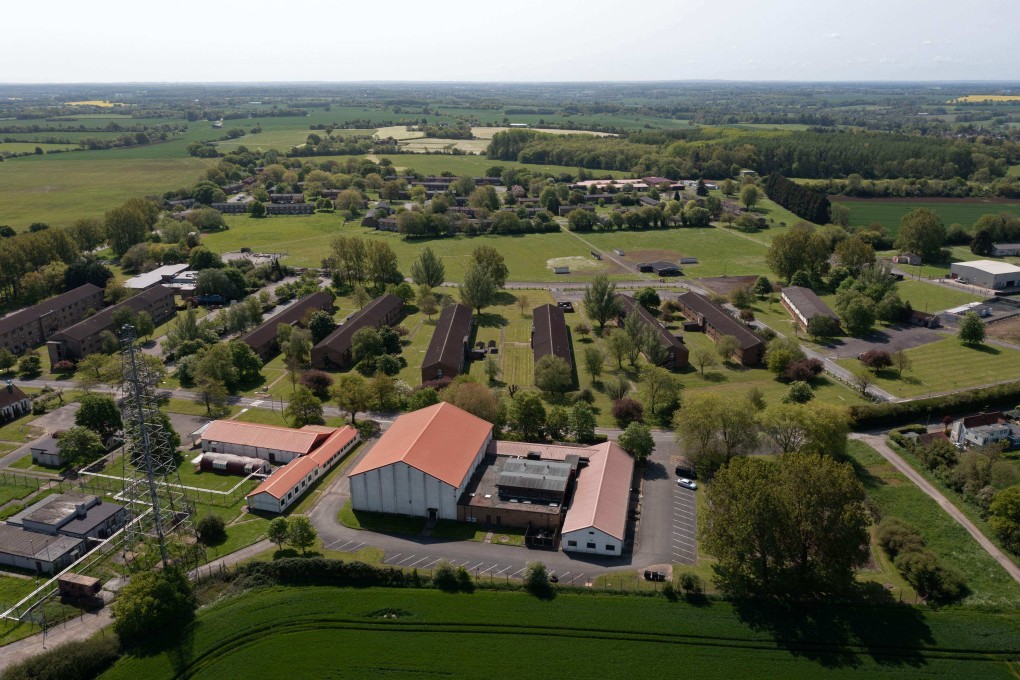Advertisement
British PM Rishi Sunak moves to curb migration, citing strain on UK services
- New measures, including deploying barges and unused army bases to house asylum seekers, are aimed at making the UK less attractive to migrants
- Ministers are concerned a record 606,000 more people moved to Britain than departed last year despite a promise to reduce immigration
Reading Time:2 minutes
Why you can trust SCMP
2

British Prime Minister Rishi Sunak this week will move to cut the flow of migrants, saying the UK government is struggling to cope with the number of arrivals.
Advertisement
Immigration Minister Robert Jenrick said the government will deploy barges and unused army bases to house people seeking asylum and tell young men four people will have to share one room.
The measures are aimed at making Britain a less-attractive destination to people arriving through informal routes, especially on small boats across the English Channel. Ministers are concerned a record 606,000 more people moved to Britain than departed last year despite a promise to reduce immigration.

“We also can’t allow the UK to be perceived to be a soft touch,” Jenrick said on BBC television’s Sunday With Laura Kuenssberg show. “It’s placing serious pressure on public services and our ability to successfully integrate people into the country.”
Immigration has become a lightning rod for the right-wing of the ruling Conservative Party after a wave of migrants arrived in small boats this spring and inflows hit a record. Sunak has backed away from a manifesto promise to cut migration, but ministers are working on measures to deport 3,000 people a month deemed to have entered the UK illegally.
The Labour opposition has promised to cut immigration levels and says the Conservatives are to blame for letting numbers get out of control. The issue has added to friction with business lobby groups, which are urging a relaxing of the rules to allow in workers needed to fill vacant jobs and alleviate upwards pressures on wages.
Advertisement
“We want businesses to be in the first instance investing in British workers and technology and automation that drives productivity, not just reaching for the easy lever of foreign labour,” Jenrick told the BBC.

Advertisement